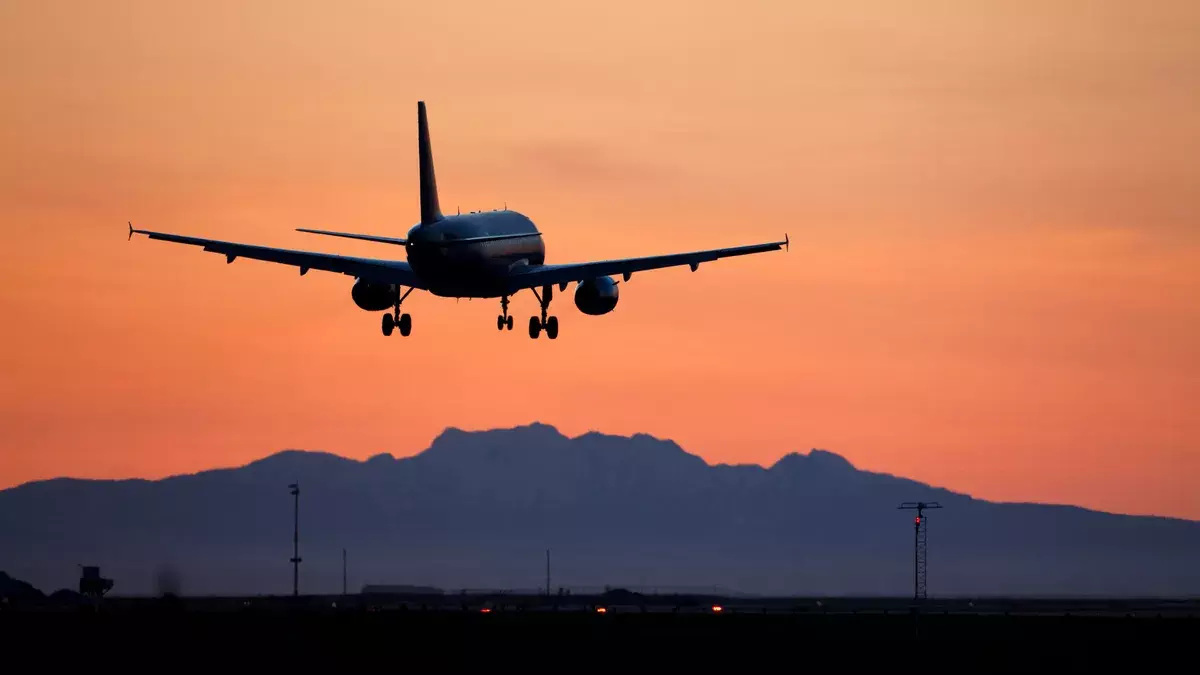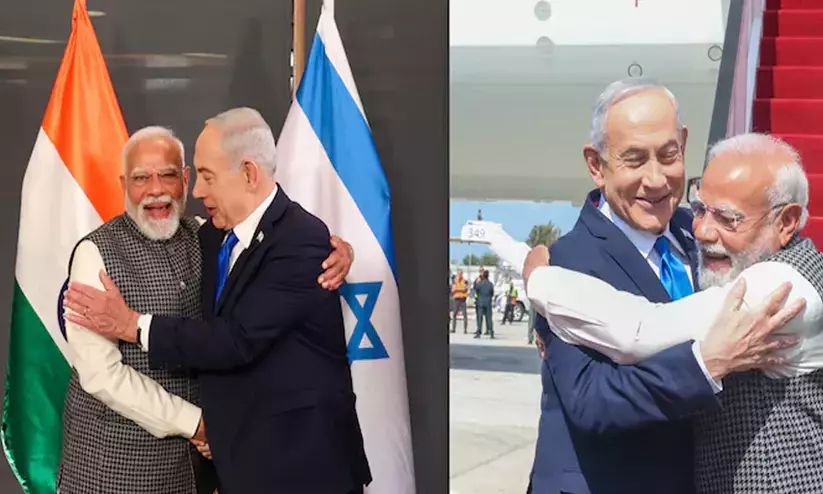
Bats captured from South India had IgG antibodies against Nipah
text_fieldsPune: Scientists have detected the presence of IgG antibodies against Nipah virus infection (NiV) in 51 bats captured from the southern states of Karnataka, Kerala, Tamil Nadu and Puducherry in India. Scientists of Pune's Indian Council of Medical Research – National Institute of Virology says that Nipah is one of the priority pathogens with pandemic potential and a high fatality rate, though it spreads slower than Covid-19. According to scientists, the sudden emergence of the virus in southern India had shocked them, The Indian Express reported.
The study on the captured bats' samples found a high antibody (anti-NiV IgG ) prevalence of 20 per cent in Pteropus bat species. However, the same was not detected in Pteropus bats collected from two sites in Dhenkanal in Odisha.
The fruit bat species of the genus Pteropus were found as the known source of the virus, which was behind annual outbreaks in Malaysia, Bangladesh and some South-East Asian countries, including India. The NiV infections detected in Kerala were found much different than that found in other countries, and there are no intermediate animals hosts or ways of entry into humans that are officially confirmed, which demands constant monitoring of the virus, scientists say.
Scientists have concluded, after studying the deviation of NiV strains of Kerala from that of other parts of the world, that a new genotype is evolving in South India. This also demands the knowledge about bat population in the region and their movement patterns.
In 2015, a surveillance drive through northeastern states found NiV in P.medius bats collected from the districts of Cooch Behar and Dhubri in West Bengal and Assam, respectively. Later the tests were extended over pig samples collected from the same area but tested negative.
The first-ever human infection of NiV documented was a severe encephalitis outbreak in Malaysia in 1998-1999. In India, the first breakout was in 2001, in West Bengal's Siliguri. Later in 2007, the Nadia district in the same state reported infection in five people, all of whom died.























